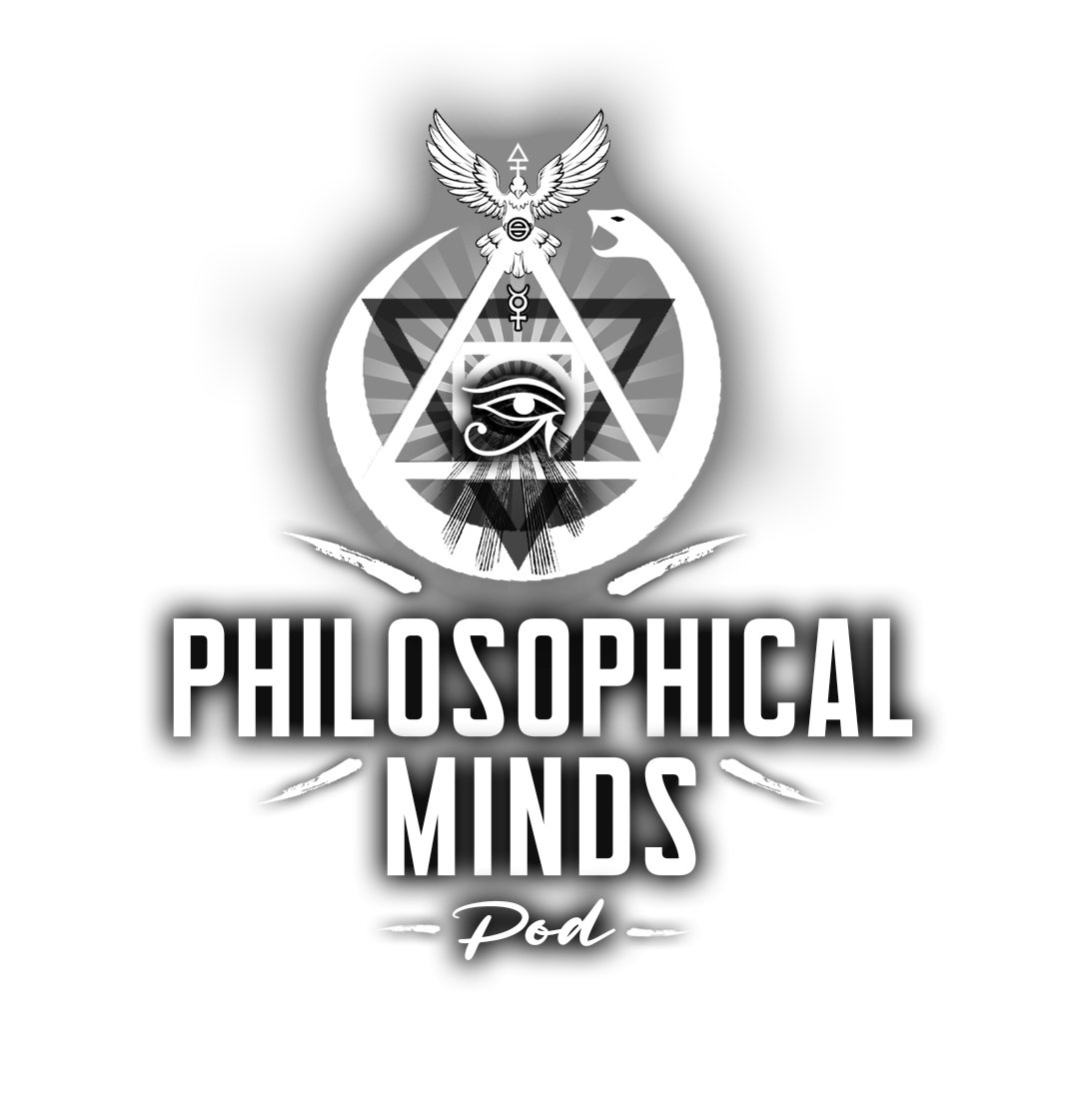The Essenes: History, Origins, Esoteric Practices, and Rituals
The Essenes were a prominent Jewish sect that flourished during the Second Temple period, particularly from the 2nd century BCE to the 1st century CE. Known for their communal lifestyle, ascetic practices, and deep spirituality, the Essenes remain one of the most intriguing and enigmatic groups in Jewish history. Their beliefs and practices have garnered significant scholarly attention, especially following the discovery of the Dead Sea Scrolls, which many scholars attribute to an Essene community.
Origins of the Essenes
The exact origins of the Essenes are somewhat obscure, as they are not directly mentioned in the Hebrew Bible. Historical accounts suggest that they emerged during the Hasmonean period (circa 2nd century BCE), as part of a broader movement within Judaism that sought a return to a purer form of religious observance. This movement emphasized strict adherence to the Law and a rejection of what they perceived as the corrupt practices of mainstream Jewish society.
Some scholars link the Essenes to earlier Jewish groups like the Hasidim, known for their piety and resistance to Hellenization. The Essenes may have formed as a radical offshoot, isolating themselves from the broader community to establish utopian societies dedicated to their ideals.
Historical References and Major Source Texts
Key historical sources shed light on the Essenes’ beliefs and practices:
Philo of Alexandria: Philo, a Hellenistic Jewish philosopher, describes the Essenes in Every Good Man is Free. He portrays them as dedicated to virtuous living, emphasizing communal living, pacifism, and a disdain for wealth.
Flavius Josephus: Josephus provides the most detailed accounts of the Essenes in The Jewish War and Antiquities of the Jews. He identifies them as one of the three major Jewish sects alongside the Pharisees and Sadducees, highlighting their strict discipline, communal lifestyle, and beliefs in the immortality of the soul.
Pliny the Elder: In Natural History, Pliny places the Essenes near the Dead Sea, describing them as a solitary, ascetic community that eschewed marriage and material possessions.
Dead Sea Scrolls: Discovered in the mid-20th century, these texts provide critical insights into the Essenes. While the direct connection is debated, many scrolls contain biblical manuscripts and sectarian writings, such as the Community Rule, which outlines the beliefs and practices of what is presumed to be an Essene community.
Beliefs and Esoteric Practices
The Essenes’ beliefs encompassed a mystical and rigorous interpretation of Judaism:
Apocalypticism: The Essenes anticipated a messianic age when God would intervene to defeat evil and establish righteousness. Texts like the War Scroll describe a cosmic battle between the “Sons of Light” and the “Sons of Darkness,” with the Essenes viewing themselves as the true Israel.
Dualism: Their worldview was characterized by a dualistic understanding of humanity, divided into opposing forces of good and evil. This perspective extended to their cosmology, which included spiritual beings like angels and demons, influencing their daily practices aimed at aligning with the forces of light.
Esoteric Knowledge: The Essenes were thought to possess hidden or esoteric knowledge, accessible only to initiated members. This included mystical interpretations of sacred texts, aimed at uncovering deeper spiritual truths through allegorical readings.
Purity and Ritual Cleanliness: Ritual purity was central to Essene practice. They adhered to strict dietary laws and engaged in frequent ritual baths (mikvahs) to maintain physical and spiritual cleanliness, believing this was essential for communion with God.
Rituals and Rites
The Essenes’ ritual life was structured around communal living and spiritual discipline:
Communal Meals: Meals were shared in a communal setting, prepared according to purity laws. These gatherings held spiritual significance, often accompanied by prayers and hymns, and served to reinforce community bonds.
Initiation Rites: Joining the Essene community involved a lengthy initiation process, lasting up to three years. New members underwent rigorous testing and were sworn to secrecy regarding the community’s teachings, which likely included ritual purification.
Sabbath Observance: The Essenes strictly observed the Sabbath, dedicating the day to prayer, meditation, and scriptural study. The Community Rule outlines specific guidelines for Sabbath observance, emphasizing ritual purity.
Daily Worship and Prayer: A disciplined schedule of daily prayers and readings was integral to their spiritual life, reinforcing their connection to the divine and the cosmic order.
Esoteric and Occulted Information
While the Essenes did not engage in what is typically defined as occult practices, their emphasis on hidden knowledge and mystical interpretations suggests a guarded approach to their teachings. The Dead Sea Scrolls contain texts meant for an inner circle, featuring apocalyptic visions and instructions on spiritual purity, indicating that they believed this knowledge could be powerful yet perilous if misused.
The idea of the Essenes holding esoteric wisdom has captivated later generations, particularly in the context of Christian mysticism and Western esotericism. Some speculate that their teachings may have influenced early Christian thought, particularly Gnostic traditions, although these connections remain speculative and not firmly established by historical evidence.
Conclusion
The Essenes represent a unique and spiritually rich community within Second Temple Judaism, distinguished by their commitment to purity, communal living, and esoteric knowledge. Their influence on later religious traditions remains a topic of scholarly debate, but the Dead Sea Scrolls have provided invaluable insights into their practices and worldview.
Through the writings of Philo, Josephus, and the scrolls found at Qumran, we glimpse the esoteric dimensions of the Essenes’ faith, which intertwined deeply with ancient Jewish tradition while aspiring toward a divine mission. Their legacy continues to inspire and challenge our understanding of the spiritual landscape of the ancient world.
